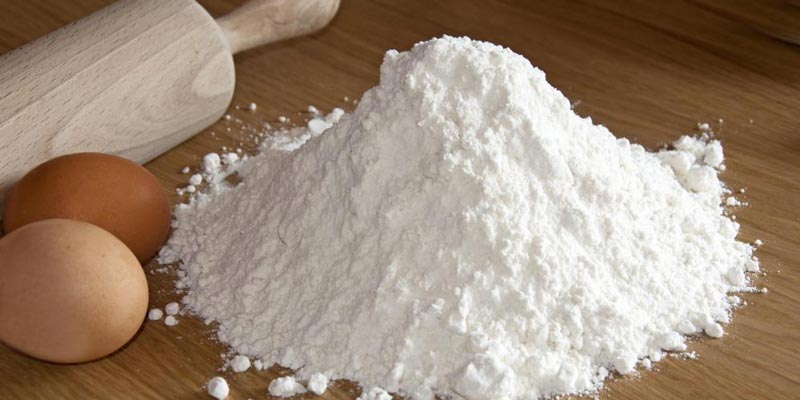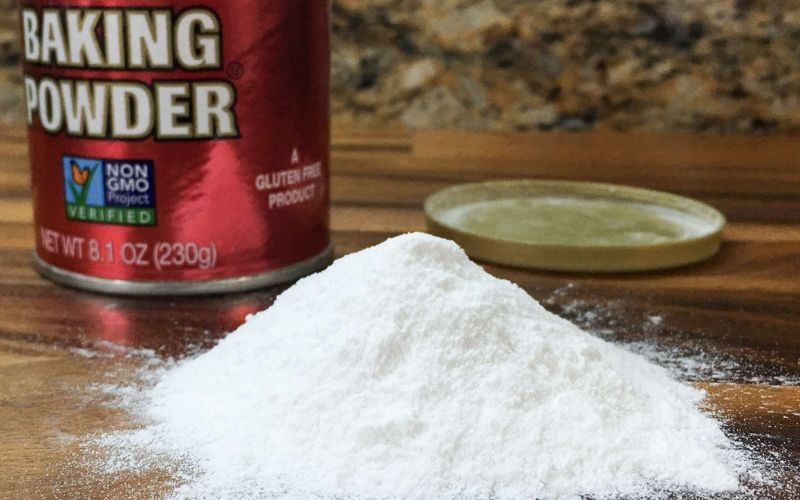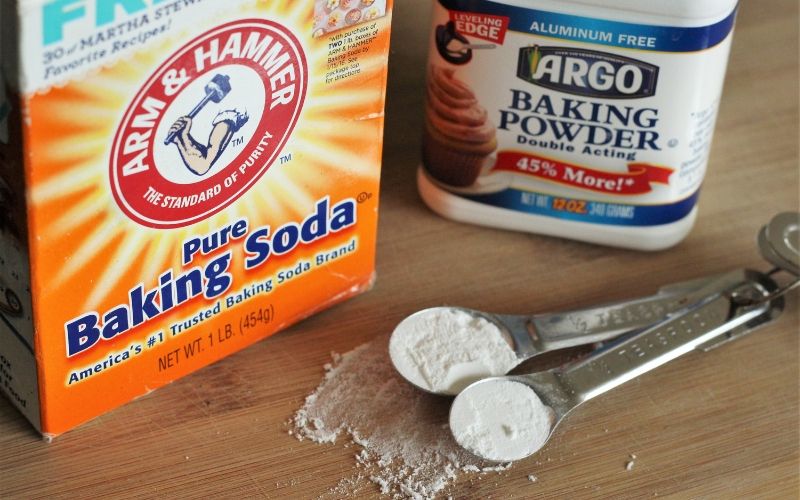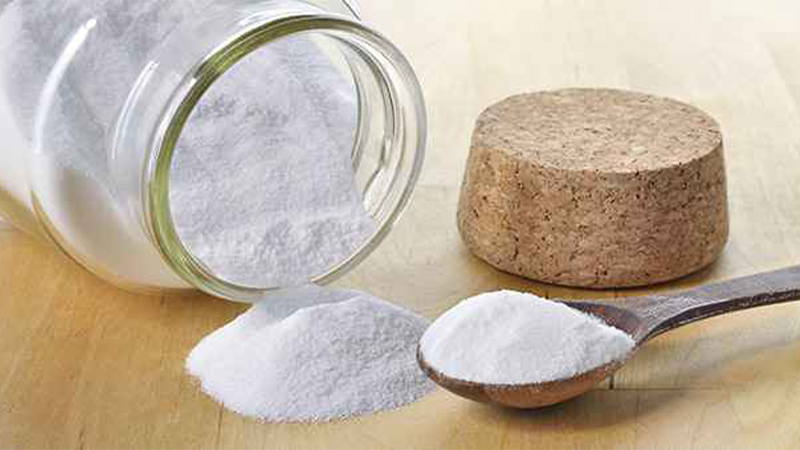Baking powder and baking soda are both agents that can cause dough to rise during baking. It is often mistakenly believed that these two substances are interchangeable, as baking powder contains a portion of baking soda. However, it is important to note that baking soda and baking powder are not identical in nature.
Exploring the Basics of Baking Powder

Many people think that baking powder is baking soda because baking powder contains 1/4 baking soda
There is a common misconception among many individuals that these two additives are interchangeable, however this assumption is entirely erroneous. The confusion arises from the fact that baking powder incorporates 1/4 baking soda, alongside other assorted types of acids.
In certain situations, baking powder can be used as a substitution for baking soda or vice versa. However, it should be noted that these two additives are not necessarily interchangeable.
Baking powder serves a multitude of purposes in the culinary world. Not only does it help cakes achieve a fluffy texture, but it also acts as a neutralizer when added to acidic ingredients such as tomato sauce or lemon juice. Moreover, baking powder demonstrates medicinal properties, as it can alleviate stomach pain and works as a teeth cleaning agent by effectively removing plaque.
Comparing Baking Powder and Baking Soda
Revised Classification of Endangered Species
Baking powder, a crucial ingredient in baking, is available in two main types: single-acting and double-acting. Single-acting baking powder aids in the swift rise of dough upon water application, while double-acting baking powder facilitates a gradual rise in cakes through two distinctive stages.
- Stage 1 refers to the initial contact with water, similar to a single-acting process.
-
Stage 2
The cake rises when it comes into contact with the heat in the oven.
Unlike baking powder, this additive, also known as leavening salt or baking powder, has the ability to make the cake rise only once upon contact with water. It is a white, fine, powdery solid with a slightly salty and alkaline taste.

Baking powder has more types than baking soda
Potential Benefits of AI in Shortening Drug Development Process
When preparing cake recipes that do not include acid-containing ingredients such as honey or brown sugar, it is important to note that baking powder should be used instead of baking soda.
If the cake recipe includes the above ingredients, it is suitable to utilize both baking soda and baking powder.
It is evident that in the process of baking, baking powder proves to be more versatile than baking soda due to its superior leavening properties and higher acidic content.
Baking soda is a versatile ingredient that goes beyond its role as a baking additive. This powder can be utilized for cleaning, deodorizing, and even as a teeth whitening agent. While baking soda has a broader range of applications, baking powder remains the preferred choice in the baking industry, being widely employed for various culinary purposes.

Gasoline Prices Hit Record Levels
Baking powder, priced at approximately 50,000 VND per 454g box, offers a cost-effective alternative to baking soda. Given their shared purpose as baking additives, these products display comparable performance.
How to Preserve Baking Powder and Baking Soda
To ensure the optimal preservation of these two types of powder, it is recommended to store them in an airtight container, in a dry location, away from high temperatures (such as the kitchen), and to avoid direct exposure to sunlight.
It is not recommended to store baking soda and baking powder in the refrigerator. When removed from the refrigerator, condensed water vapor can reduce their effectiveness. The shelf life of these powders is typically 3 to 6 months.
It is important to always check the expiration date before purchasing and using baking powder. If the expiration date has passed, it is crucial to discard it immediately. Additionally, when the baking powder has formed clumps, this is a clear indication that it is no longer suitable for use.
For a comprehensive guide on how to effectively utilize these tools, please refer to our upcoming articles. Stay tuned for the latest updates!

The shelf life of these two types of powder is only from 3 months to 6 months
Understanding the differences between baking powder and baking soda is essential for maximizing the benefits of these additives. Now that you have read this article, you should have a clear understanding of the distinctive properties of these powders.



































